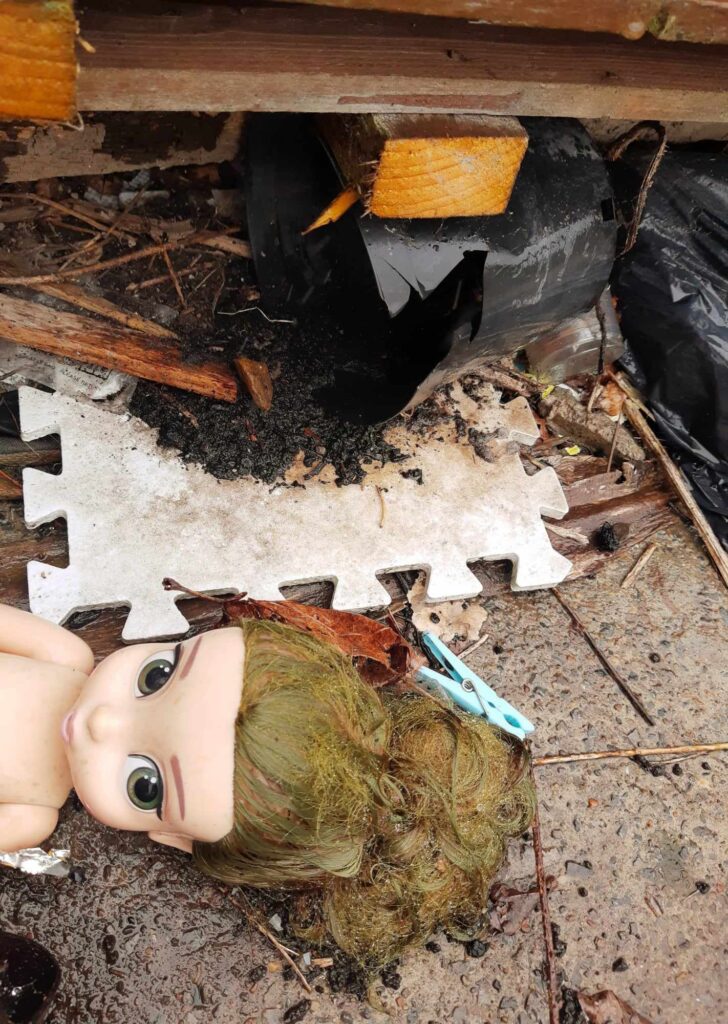Since 2018, the Newcastle University Oral History Collective (NUOHC) has coordinated two projects addressing key contemporary and historical social justice issues around poverty and food insecurity: Foodbank Histories and the Mutual Aid Oral History Project. In this post Silvie Fisch and Jack Hepworth extend shared authority into interpretation on more equitable terms with community researchers.

Oral history interviews recorded for these projects have stimulated engagement, outreach, and creative re-use activities. Most recently, Live Theatre’s youth group drew upon interview testimonies to create “Fed Up”, a production investigating how food poverty affects young people across the North East.
In May 2024 the Live Theatre team brought their production to an appreciative audience at Newcastle Cathedral. When the final curtain was drawn, we rattled our donation buckets in aid of the Newcastle Foodbank. That same evening, it came to our attention that one of our interviewees – a single mother of two young children, whose interview recording was used in the production – did not have enough money to top up her electricity meter.
Here we are, smug with pride about doing good, helping to improve the reputations of institutions and companies, and furthering our own careers. Even worse, often we help to reinforce the prevailing conditions, instead of trying to drive fundamental change.
Last year, The Social Change Agency invited OHUC member organisation Northern Cultural Projects – a Community Interest Company – to become part of the learning community, to produce a handbook designed to embed mutually beneficial payment for involvement policies.
This involvement, combined with our doubts concerning current research involvement practices, underpins our new project Paying Our Way: Research Participation and Fair Pay. The project has received vital support from Newcastle University’s Social Justice Fund and Engagement and Place Fund.
Paying Our Way aims to extend the benefits for community researchers and research participants with first-hand experience of the issues we seek to address. We are exploring how best to involve research participants in project design, delivery, and decision-making. The project further considers how to remunerate participants for their involvement, without compromising any welfare entitlement.
Mutual Aid service users in the east end of Newcastle will choose materials for a new HCA website to reinterpret and showcase the previous projects. Their curation will ensure these projects’ continual relevance and accessibility to people with experience of economic disadvantage. With the help of our community researchers, we have organised an engagement event for the local community, that has evaluated the website’s content for relevance and to stimulate discussions around our previous research findings. The event included peer-to-peer translation and interpretation by and for members of different ethnic communities.
For the project’s next phase, we want to produce recommendations for the fair remuneration of research participants with direct experience of economic and social disadvantage. Our aim here is not simply to involve marginalised individuals. Rather, we hope to find better ways to support our community researchers and research participants in sharing authority beyond the collection of oral histories, and to design mutually beneficial methods for collaborative social and historical justice research.
